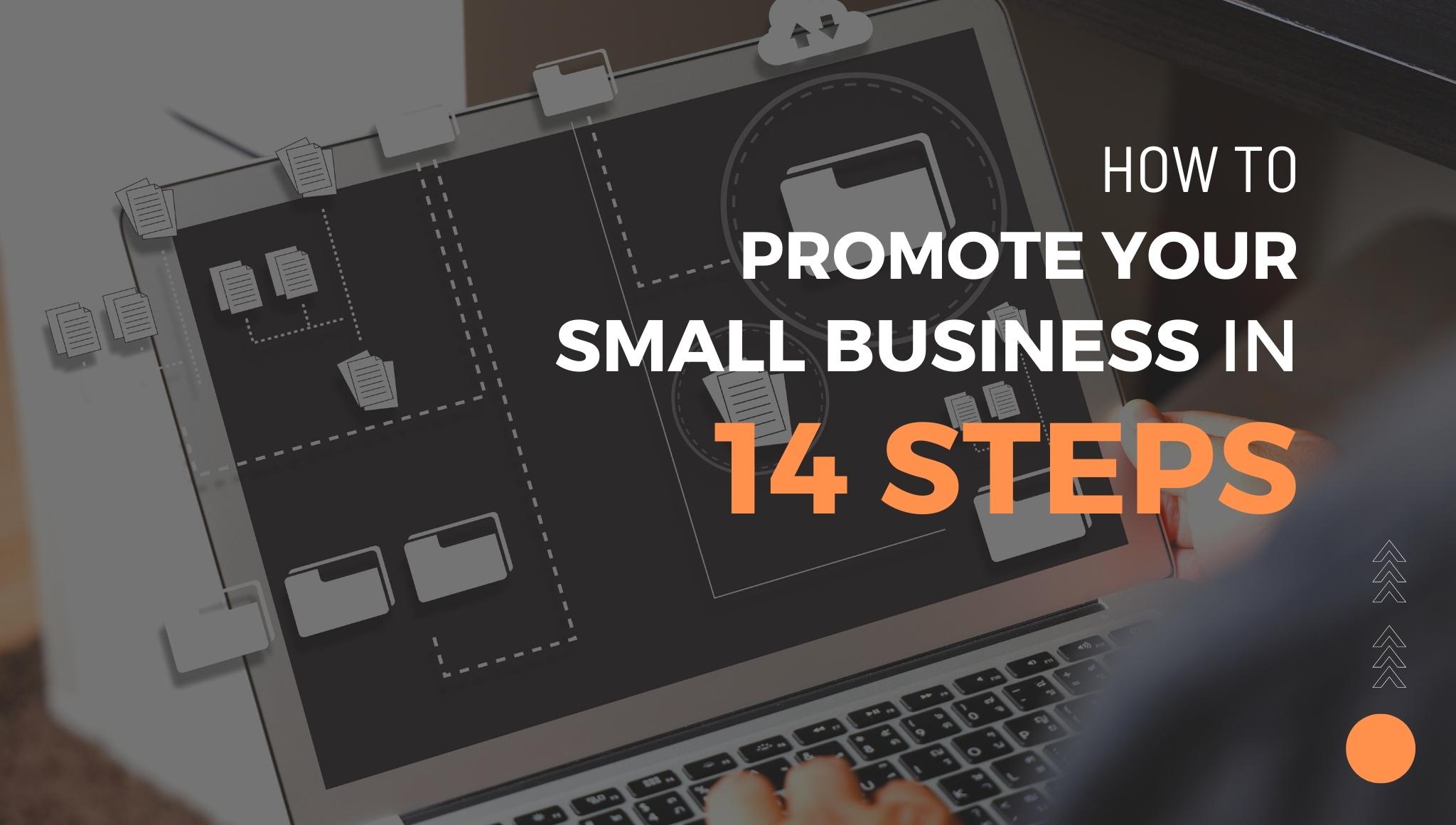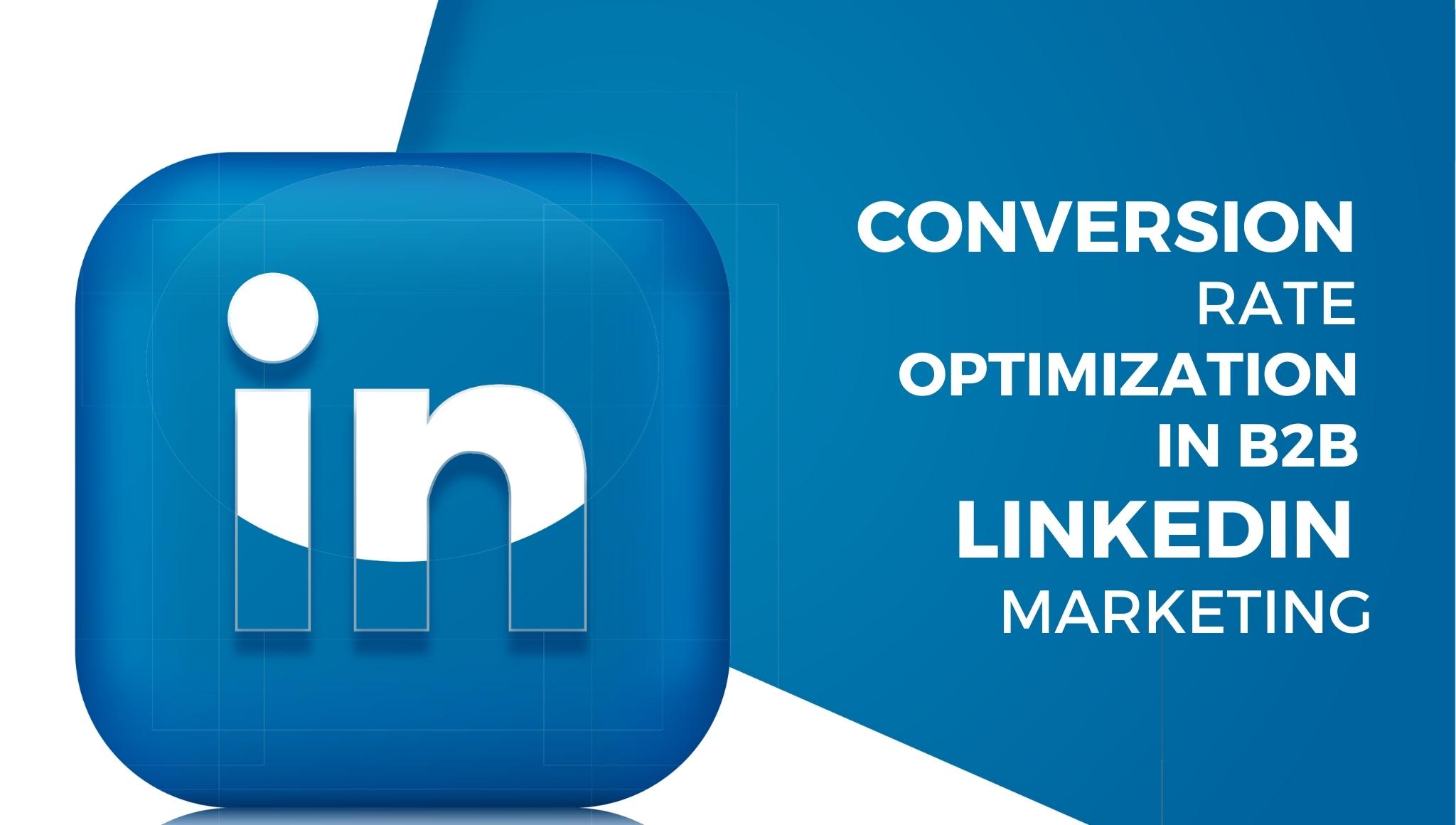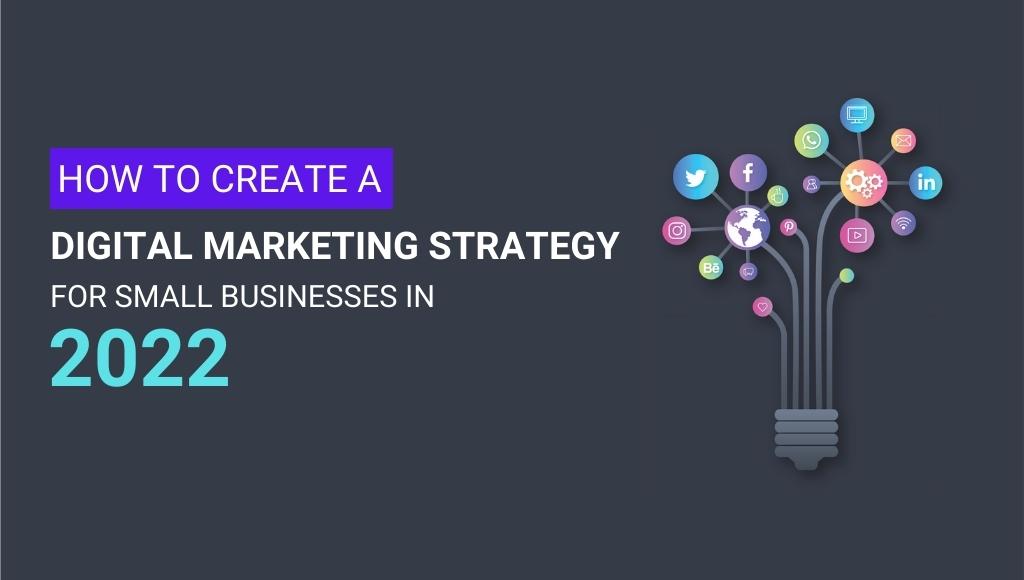Your online advertising strategy is the key to your success in the digital world. It’s the roadmap that will guide your campaigns and help you make the most of your budget.
There are many benefits of online advertising, including:
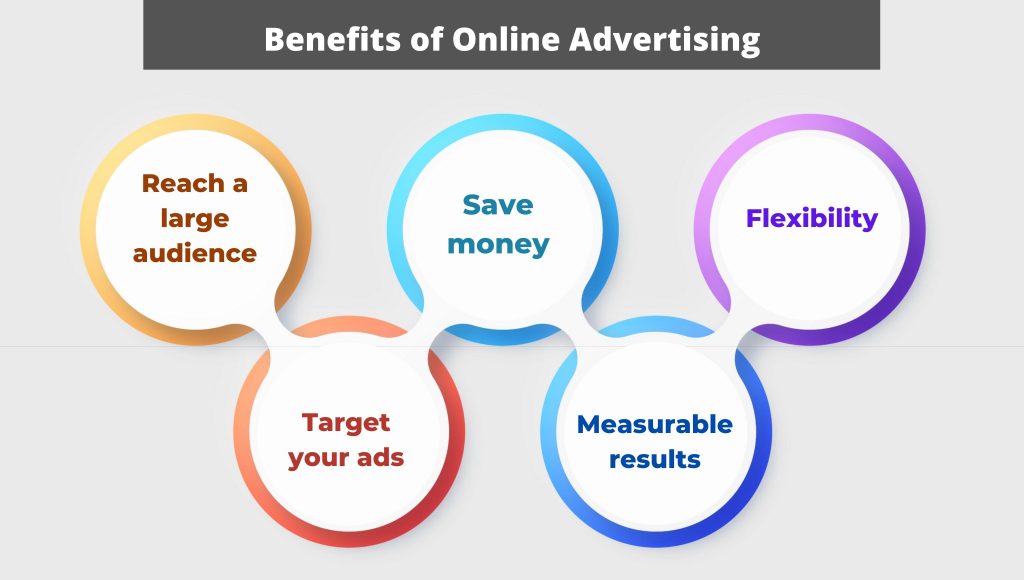
- Reach a large audience. With online advertising, you can reach a global audience quickly and easily. This is especially beneficial for businesses that sell products or services online.
- Target your ads. One of the great things about online advertising is that you can target your ads to specific demographics, interests, and even locations. This ensures that your ads are seen by people who are most likely to be interested in what you’re selling.
- Save money. Compared to traditional forms of advertising, such as television or print ads, online advertising is relatively inexpensive. This makes it a great option for small businesses with limited budgets.
- Measurable results. With online advertising, you can easily track your results. This includes things like how many people saw your ad, how many clicked on it, and how many converted into leads or customers. This data is essential for measuring the success of your campaign and making necessary adjustments.
- Flexibility. Online advertising offers a great deal of flexibility in terms of timing, frequency, and format. You can run your ads around the clock or schedule them to run at specific times.
In today’s competitive online landscape, businesses need to take a strategic approach to advertising if they want to succeed. A winning online advertising strategy should start with a clear understanding of your target audience and what they are looking for. Once you know who your ideal customer is, you can create ad campaigns that are tailored to their needs and interests. It is also important to make sure that your ads are placed where they will be seen by your target audience.
There are a few key elements to consider when building your strategy:
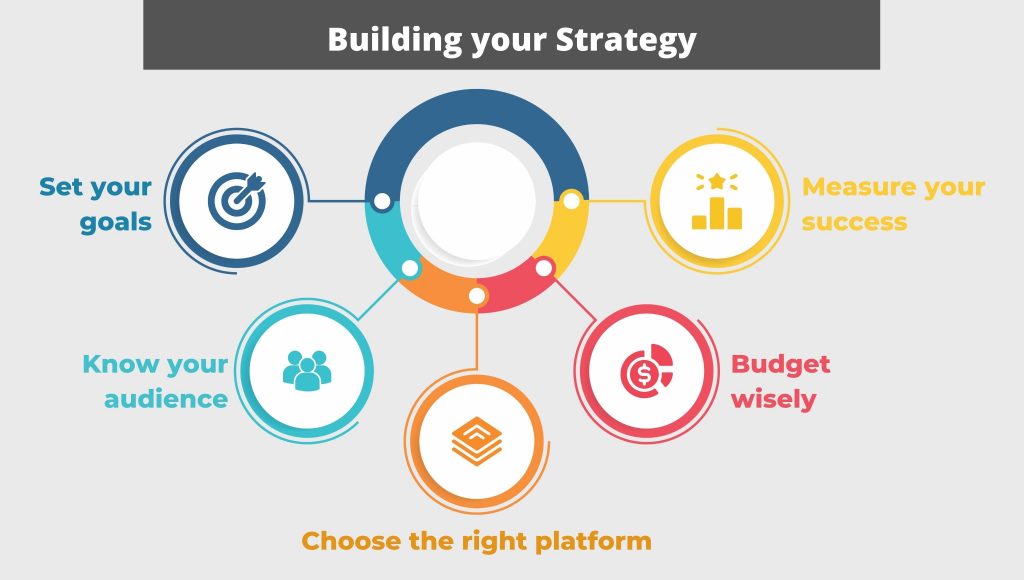
1. Set your goals.
What do you want to achieve with your online advertising? Are you looking to increase brand awareness, drive traffic to your website, or generate leads? Once you know what you want to achieve, you can create targeted campaigns that are more likely to succeed.
Before launching any online advertising campaign, it is essential to set clear goals. What are you hoping to achieve? Are you looking to increase brand awareness, generate leads, or drive sales? Once you have a good understanding of your objectives, you can start to develop a strategy that will help you achieve them.
First, research your target audience and identify the platforms they are most likely to use. Then, create compelling ad copy and visuals that will grab their attention.
Finally, use tracking tools to measure your results and optimize your campaign over time. By taking the time to plan and execute a well-rounded advertising strategy, you can maximize your chances of success and achieve your desired results.
2. Know your audience.
Who are you trying to reach with your ads? What are their interests? Where do they spend their time online? Knowing your target audience will help you create more effective campaigns.
Any successful online advertising campaign starts with knowing your audience. That means understanding who they are, what needs and wants they have, and where they can be found online. Once you have a good grasp of your target market, you can start to develop an advertising strategy that will reach them where they are most likely to see it. That might mean creating ads specifically for social media platforms or developing targeted content for your website.
The key is to make sure your ads are relevant and engaging so that your audience will take notice. With a little planning and creativity, you can develop an online advertising strategy that will reach your target market and help you achieve your business goals.
3. Choose the right platform.
There are a variety of advertising platforms to choose from, each with its own strengths and weaknesses. You’ll need to decide which platform is best for your goals and your target audience.
Anyone who has ever tried to run an online advertising campaign knows that it can be a minefield. There are countless platforms to choose from, and each one offers a different suite of features. So how do you know which platform is right for your business? The answer lies in understanding your goals for the campaign and aligning them with the strengths of the platform. For example, if you’re looking to reach a wide audience with your message, then a platform like Google AdWords is a good choice.
On the other hand, if you’re trying to generate leads from a specific geographic area, then Facebook might be a better option. By taking the time to understand your goals, you can make sure that you choose the right platform for your needs.
4. Budget Wisely.
Online advertising can be expensive, so you’ll need to set a budget and stick to it. Make sure you’re getting the most bang for your buck by targeting your ads properly and monitoring your results carefully.
When it comes to online advertising, budgeting wisely is essential to success. allocating too little money to your campaign can limit your reach and effectiveness, while overspending can eat into your profits. So how can you create a budget that Strikes the right balance?
There are a few key things to keep in mind. First, think about your goals. What are you trying to achieve with your advertising? Once you’ve established that, you can begin to allocate funds accordingly.
It’s also important to consider your audience. Who are you trying to reach, and where are they most likely to be found? target your ad spend accordingly. Finally, don’t forget to factor in ROI. How much are you willing to pay per lead or sale? When you have a clear understanding of these key components, you can begin to build a budget that will help you achieve your desired results.
5. Measure your success.
Creating a winning online advertising strategy requires more than just randomly placing ads on websites. To be successful, you need to take a data-driven approach and measure your results. Only then can you fine-tune your campaigns and achieve your desired ROI.
There are a few key metrics you should track, such as click-through rate (CTR), cost per click (CPC), and conversion rate. CTR measures how often people who see your ad actually click on it. CPC tells you how much you’re paying for each click. And conversion rate reveals how many of those clicks actually result in a sale or leads.
By monitoring these metrics, you can determine which channels are driving the most traffic and conversions. You can also identify which ads are performing well and which ones need to be tweaked. By taking a data-driven approach, you can ensure that your online advertising strategy is optimized for maximum results.
What are some common mistakes to avoid?
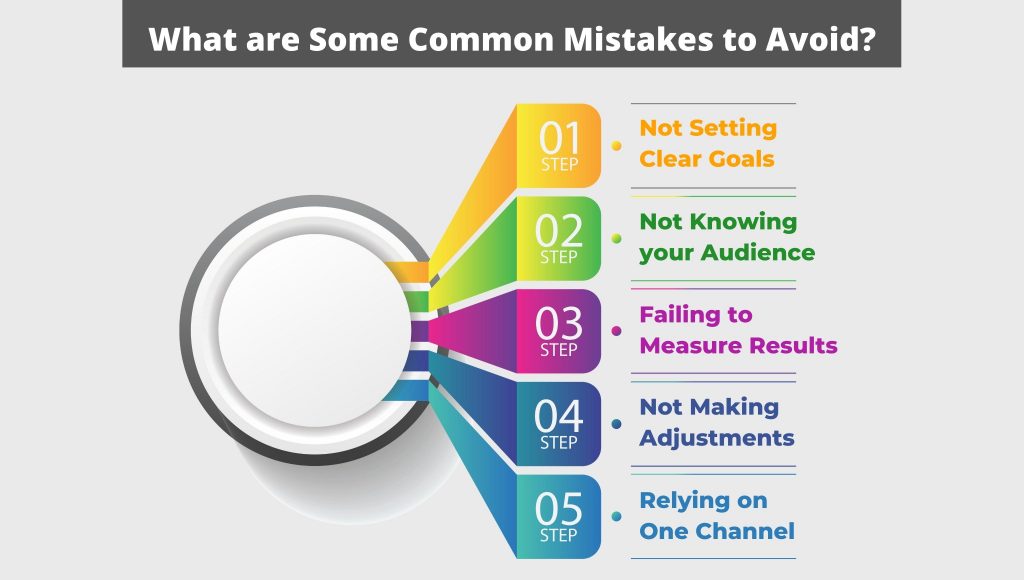
- Not setting clear goals. One of the first things you need to do is set clear goals for your campaign. What are you trying to achieve? Are you looking to generate leads or sales? Drive traffic to your website? Increase brand awareness? Once you’ve established your goals, you can create a campaign that’s designed to meet those objectives.
- Not knowing your audience. Another mistake businesses make is not taking the time to understand their target audience. Who are you trying to reach with your ads? What are their needs and interests? What motivates them to make a purchase? When you have a clear understanding of your audience, you can create ads that are more likely to resonate with them.
- Failing to measure results. One of the biggest mistakes businesses make is not measuring the results of their online advertising campaigns. Without data, it’s impossible to know what’s working and what isn’t. Make sure you’re tracking key metrics, such as CTR, CPC, and conversion rate, so you can see how your ads are performing.
- Not making adjustments. Even the best online advertising campaigns need to be tweaked from time to time. If you’re not seeing the results you want, don’t be afraid to experiment with different strategies or adjust your budget. The only way to improve your results is to constantly test and learn.
- Relying on one channel. While online advertising offers a tremendous opportunity to reach a large audience, it’s important to remember that it’s just one piece of the puzzle. To be truly successful, you need to have a comprehensive marketing strategy that combines online and offline channels.
Conclusion
Your online advertising strategy will only be as good as the sum of its parts. If you’re not careful, your ad campaigns can quickly become a disparate collection of unrelated ideas and tactics.
As you put together your strategy, keep your ultimate goal in mind: to build a comprehensive plan that will help you achieve your marketing objectives. By taking the time to understand your audience and your objectives, you can create an online advertising strategy that will deliver results. With a little planning and execution, you can build a winning online advertising campaign.


